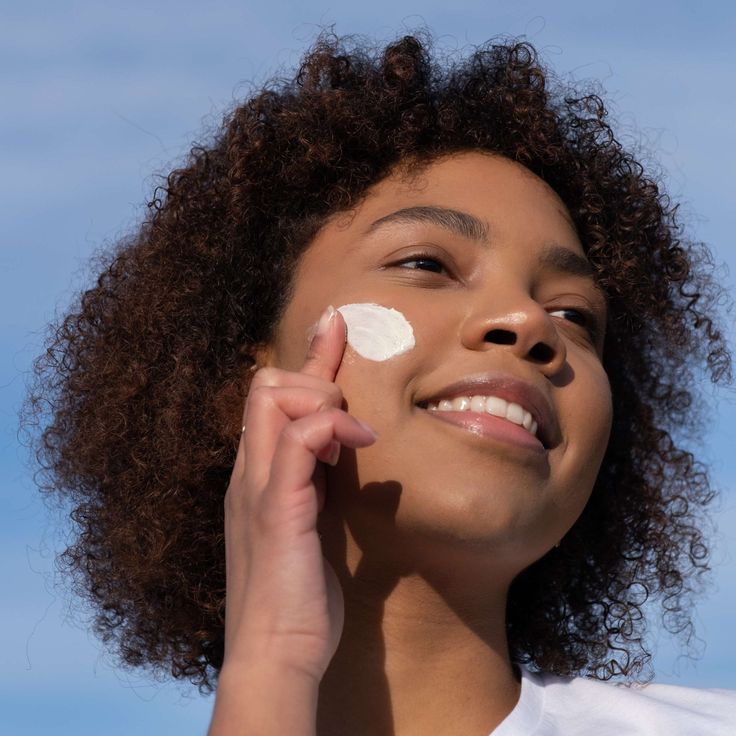Introduction
Melasma is a common skin condition that causes brown or gray-brown patches, usually on the face. It's more common in women, especially those with darker skin tones. While melasma is harmless, it can be frustrating for those who experience it.

The exact cause of melasma is unknown, but it's believed to be triggered by a combination of factors, including sun exposure, hormonal changes (such as pregnancy or birth control pills), and genetics. Melasma often appears during pregnancy and is sometimes called "the mask of pregnancy."
While there's no cure for melasma, various treatments can help lighten the patches and improve their appearance.
Understanding Melasma
Melasma appears as darkened patches on the skin, often symmetrical on both sides of the face. Common areas affected include the cheeks, forehead, upper lip, nose, and chin. Melasma doesn't cause any physical discomfort, but some people find it impacts their self-esteem.
Treatment Options
Several treatments can effectively manage melasma:
- Topical creams: Prescription creams containing hydroquinone, tretinoin, or corticosteroids can help lighten the dark patches over time.
- Chemical peels: These treatments use mild acids to remove the top layer of skin, potentially reducing melasma's appearance.
- Laser therapy: Certain laser treatments target the pigment-producing cells, aiming to break down melanin and lighten the affected areas.
- Microdermabrasion: This technique physically exfoliates the skin, potentially improving the appearance of melasma.
It's crucial to consult a dermatologist or qualified skincare professional to determine the best treatment plan for your specific case.
Prevention Tips
While you can't entirely prevent melasma, these tips can help manage the condition and prevent further darkening:
- Sun protection: Wear sunscreen with an SPF of 30 or higher daily, even on cloudy days.
- Protective clothing: Use hats, sunglasses, and protective clothing to minimize sun exposure.
- Hormone management: Discuss any hormonal medications with your doctor to assess potential links to melasma.
- Gentle skincare: Use mild cleansers and avoid harsh scrubbing, which can irritate the skin.

.jpg)